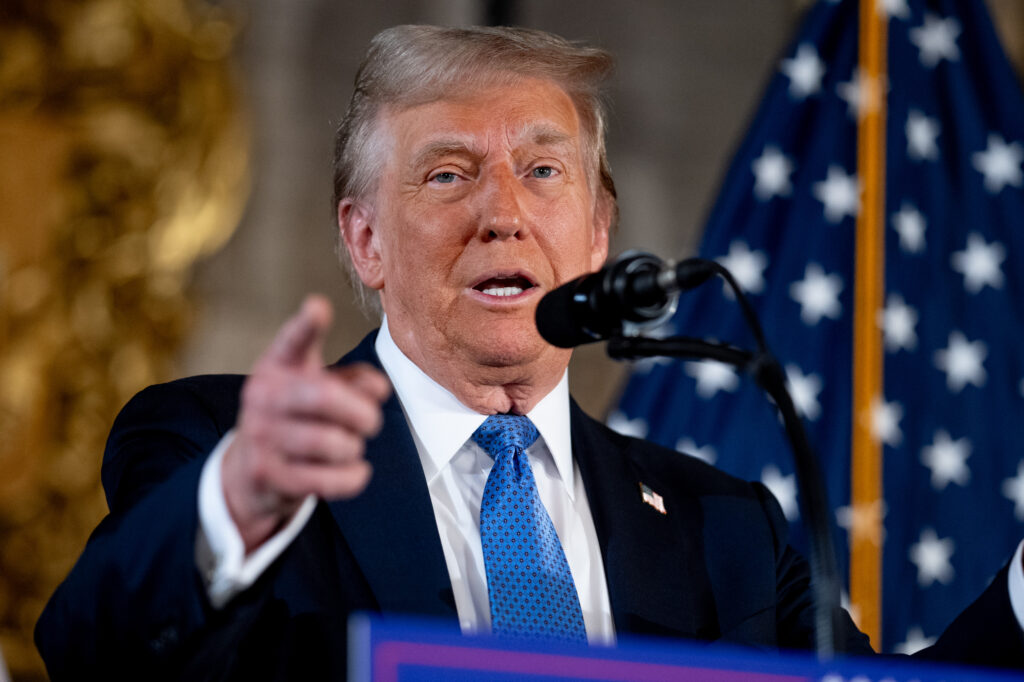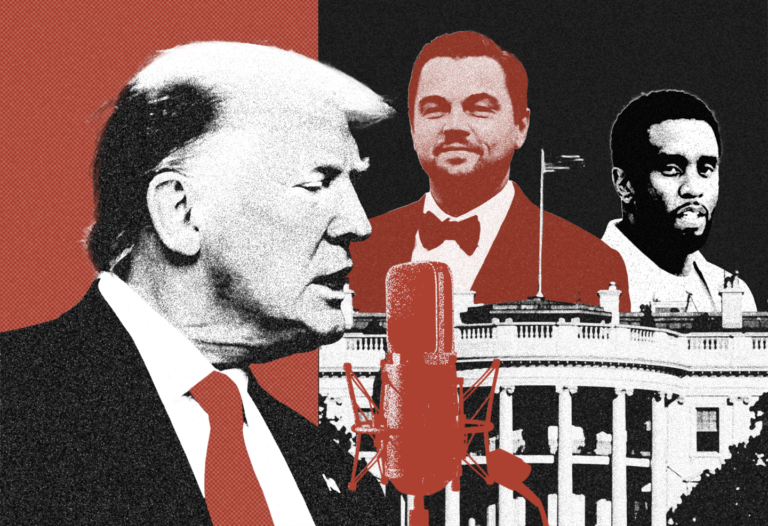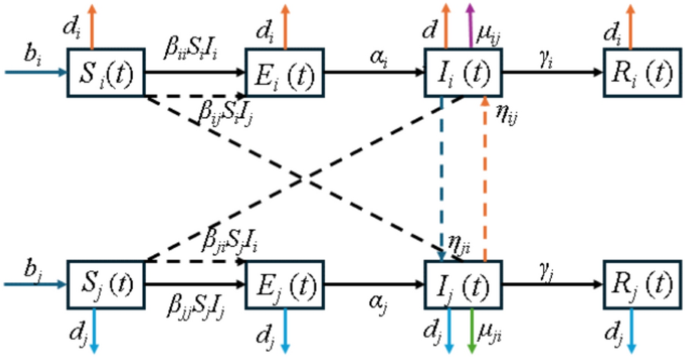
During his campaign for the presidency, Donald Trump talked about retribution against political enemies many times. His nominee for FBI Director, Kash Patel, has also spoken very directly about seeking retribution against political enemies, particularly members of Congress that were involved with investigations of Trump or members of the press that covered or supported those investigations.
While right now the Kash Patel nomination being confirmed by the Senate is looking more likely than some of the other controversial nominees, it is probably too early to assess the likelihood of Patel surviving his own background check by the FBI and full Senate hearings on his nomination. Yet, whether he survives that process or not, there certainly appears to be a goal of the new Trump administration for whoever does hold that seat to pursue some form of retribution against those involved with, or perceived as cheerleading, the many Trump legal cases and impeachment processes.
Patel has been pretty specific in the past about what retribution would look like: He has said that legal actions against those political enemies would be pursued, and whether those were civil or criminal actions would have to be determined.

Andrew Harnik/Getty Images
Going after congressional lawmakers, former or present, Justice department officials, like special prosecutor Jack Smith, or members of the press, for covering and writing about congressional investigations and judicial prosecutions, have no legal justification whatsoever. The Speech and Debate clause of the Constitution protects lawmakers against being prosecuted or sued for remarks made in the course of their congressional duties, and the First Amendment freedom of the press protections are intended to guarantee that journalists can do their job without facing legal consequences from the government.
However, let’s assume that Mr. Patel plans to keep his word and would use the FBI to have the Justice Department bring civil or criminal charges against a list of political enemies. An actual list of over 60 names he has in fact published in his recent book. Let’s further assume he would undertake these legal actions regardless of whether he thought the government would prevail or not, but he would do so in order to publicize his grievance narrative, while attempting to financially cripple defendants by harassing them through many months if not years of investigatory and legal challenges.
While Patel’s nomination to the FBI has repeatedly raised the specter of retribution, what has not been very extensively discussed is what kind of consequences there are for a federal official who pursues what is a legally frivolous action against a U.S. citizen on a malicious basis. In this sense, malicious means no legal basis to sue or criminally charge the individual except for purposes of using the heavy hand of the government to seek retribution against the individual.
There is in fact a clear basis for individuals to sue the government for violations of constitutional rights when an official acts outside of their authority and the official knew that they were doing so in an effort to maliciously prosecute or harass an individual without legal justification for doing so. However, the fact that an individual can bring an action against the government may not be sufficient incentive to stop a legal crusade by Patel’s FBI and the Trump Justice Department. The question really is, is there any way to hold a federal official personally liable for malicious prosecution where the financial harm and other damages suffered by an individual can be recouped from the personal pocketbook of that federal official rather than the government itself?
The answer is yes, there is an established path for federal officials being held personally liable for damages that the citizen who has been subject to malicious prosecution and had their constitutional rights violated, could seek damages for loss of income, attorney’s fees, and emotional distress. Such a person targeted by Patel would have to prove that the case brought against them had no probable cause related to any kind of crime or civil violation, and the case originally brought by the government ended in favor of the defendant.
While the Federal Tort Claims Act generally shields federal employees from personal liability for actions that are taken within their official duties, if a federal official has knowingly violated the constitutional rights of a targeted person and done so with malice there is a clear basis, under what is known as the Bivens doctrine, to allow for a lawsuit for damages that would hold the government official personally liable for damages.
While the Bivens decision of the Supreme Court does not provide a basis for suing a federal official where his personal liability would be at stake for all constitutional violations, it does recognize constitutional violations of the Due Process clause of the Fifth Amendment which is intended to protect individuals from abuses of governmental power and legal proceedings.
There is a notion of qualified immunity for federal officials, and especially prosecutors, from being sued for their official acts, but this would be unlikely to apply when a federal official brings legal proceedings knowingly and maliciously to seek retribution. In this case, establishing retribution as the motive would be very clear, because Patel has laid out beforehand that in fact is his motive.
While the Supreme Court ruled in a very broad decision last term that the President has absolute immunity for official actions, that ruling does not apply to his subordinates throughout the executive branch. Moreover, the qualified immunity that prosecutors have for purposes of not enabling lawsuits aimed at redressing good faith prosecutions, applies to prosecutors, not investigators—and the FBI is an investigatory agency. It does not play the role of prosecutor.
Of course there are avenues the government can use to harass any potential target, such as IRS tax audits, or all kinds of investigations that might be coordinated with congressional investigations and hearings, that are very costly to the target individual, but never result in a legal action being brought. There is also the possibility that the unique connections between Elon Musk, the wealthiest person in the world, and the new Trump administration are such that Musk could simply indicate he would be willing to indemnify any federal official who was found personally liable of malicious prosecution. The money involved would be a pittance to Musk.
It is also worth keeping in mind that some major law firms are preparing to provide pro bono counsel for those who might be targeted by malicious lawsuits from the government in order to make sure that the targets of such politicized legal actions cannot be financially harmed.
There is something incredibly undemocratic and authoritarian for the government to pursue a plan of retribution through legal actions that have no merit. What is particularly worth noting is that Republicans are largely voicing support for Patel’s nomination on the basis that someone needs to “clean up” the FBI because it is perceived by them as having been “weaponized” for political purposes. This is precisely what Patel has threatened to do by calling for retribution against political enemies.
In sum, there are established means for a targeted individual to seek their own retribution against malicious acts by a government official who is without legal merit out to seek retribution. This makes for some far greater disincentives for seeking retribution by filing malicious legal actions than the coverage of Patel’s remarks and goals to date have suggested.
Tom Rogers is executive chairman of Oorbit Gaming and Entertainment, an editor-at-large for Newsweek, the founder of CNBC and a CNBC contributor. He also established MSNBC, is the former CEO of TiVo, a member of Keep Our Republic (an organization dedicated to preserving the nation’s democracy). He is also a member of the American Bar Association Task Force on Democracy.
The views expressed in this article are the writer’s own.






